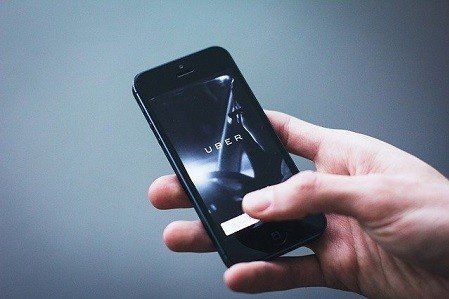4G uptake set to hit 1million before the end of 2013.
- By Eazi Business
- •
- 28 Jul, 2013
Mobile operator EE’s uptake of 4G has more than doubled during the second quarter of 2013, putting the current signed up total to nearly 700,000 customers.
EE, which is the first mobile operator to launch 4G services, has been making the most of its monopoly. The company which launched its 4G services last autumn has reported that the uptake of 4G Services had increased by a staggering 56%, putting them on track to exceed their target of 1 million subscribers before the end of the year.
EE found that more than half of all new and upgrading customers were opting for a 4G contract or a 4G enabled device. The 4G network, which has just extended to a further 12 towns, bringing coverage to 95 towns and cities across the UK, 60% of the population, and is expected to reach 98% of the population before the end of 214. This growth has come as a surprise as 4G services have been around 10% more expensive than a typical 3G contract.
Last year EE was given permission to launch its 4G network, ahead of Ofcom’s spectrum auction, with customer uptake reaching 318,000 within the first few months. EE’s services have already brought average mobile speeds up to between 24 and 30 megabits per second in 15 of the UK’s largest cities; putting the UK’s largest towns and cities on par with the US, Japan and South Korea in terms of top mobile network speeds.
The increase in smartphone usage, complemented with the 4G rollout is changing the way we access the internet. 4G is increasing customer accessibility to superfast mobile internet, with 69% currently accessing the internet through their mobile devices.
Ofcom’s 4G auction, which concluded earlier this year, raised £2.34bn for the government. The other leading mobile operators, Vodafone, Three and 02 are expected to launch their own 4G networks later this year, ending EE’s monopoly. We can now expect plenty of competition to offer new mobile services across the UK.



